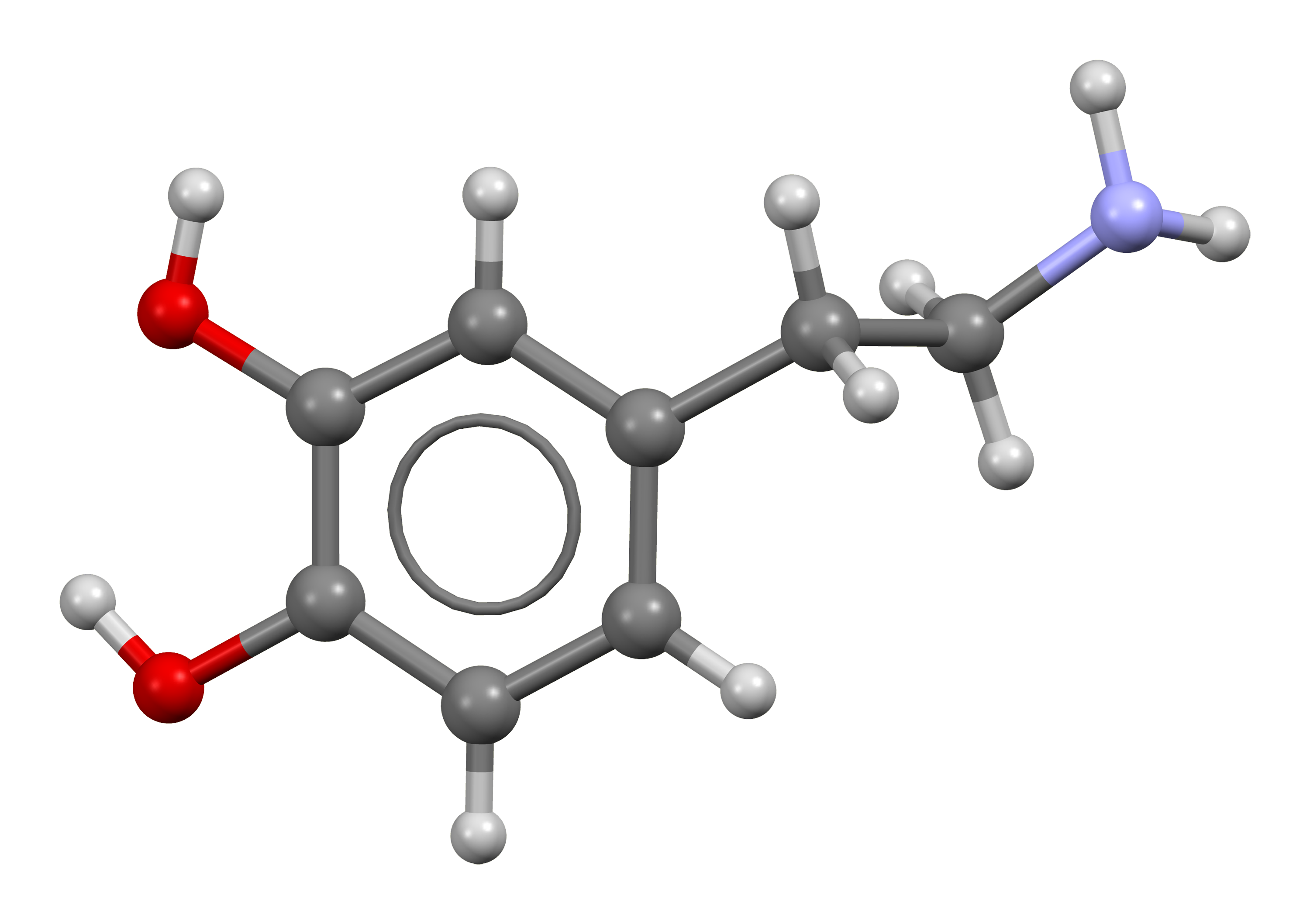Introduction to Dopamine
- Introduction to Neurotransmitters
- The Role of Dopamine
- The Role of Serotonin
- Interplay of Dopamine and Serotonin
- Competing Actions
- Collaborative Actions
- Conflicting Actions on Same Behaviors
- Complexity in Neuronal Combinations
- The Impacts of Therapeutic Drugs on Dopamine and Serotonin
- Dopamine, Serotonin and Mental Health
- Dopamine, Serotonin and Cognitive Functioning
- Settings, Synaptic Plasticity and Sensitization
- Prospects and Challenges in Dopamine & Serotonin Research
The Role of Dopamine
Common Abuses and Disorders Related to Dopamine

Organic chemical that functions both as a hormone and a neurotransmitter.
Dopamine, a neurotransmitter, plays a crucial role in how we perceive pleasure and reward. However, its influence extends beyond these positive aspects, playing a significant role in several disorders and conditions. This unit will delve into the common abuses and disorders associated with dopamine.
Dopamine and Addiction
Addiction is a complex disorder characterized by compulsive substance use despite harmful consequences. Dopamine plays a central role in the reward circuit of our brain. When a person uses a substance of abuse, the brain releases dopamine, creating a pleasurable sensation. Over time, the brain adjusts to these surges of dopamine and develops a tolerance, requiring more of the substance to achieve the same level of pleasure. This cycle can lead to addiction.
Dopamine and Parkinson's Disease
Parkinson's disease is a neurodegenerative disorder that affects dopamine-producing neurons in a specific area of the brain called substantia nigra. Symptoms develop slowly over the years and include tremors, bradykinesia (slowness of movement), rigidity, and balance problems. The loss of dopamine in these neurons leads to the symptoms of Parkinson's disease. Current treatments aim to replace or mimic dopamine to help alleviate symptoms.
Dopamine Dysregulation Syndrome
Dopamine dysregulation syndrome (DDS) is a complication of Parkinson's disease treatment. It's characterized by compulsive medication use and a variety of behavioral changes, including hypersexuality and gambling. DDS is thought to result from overstimulation of the dopamine system due to the use of dopamine agonists, medications that mimic the effects of dopamine.
Dopamine's Impact on Schizophrenia and Other Mental Health Disorders
Schizophrenia is a severe mental disorder characterized by distortions in thinking, perception, emotions, language, sense of self, and behavior. Research suggests that schizophrenia may be linked to increased dopamine activity in certain areas of the brain. Antipsychotic medications used to treat schizophrenia work by blocking dopamine receptors, reducing the impact of this neurotransmitter.
Dopamine also plays a role in other mental health disorders. For example, attention deficit hyperactivity disorder (ADHD) is thought to involve decreased dopamine activity in certain brain pathways. Medications used to treat ADHD, such as Ritalin and Adderall, work by increasing dopamine levels.
The Effects of Dopamine-Boosting Drugs and Their Potential for Abuse
Dopamine-boosting drugs, such as those used to treat Parkinson's disease and ADHD, have the potential for abuse. These drugs can produce feelings of euphoria, especially when taken in larger doses than prescribed, leading to compulsive use. This misuse can result in a substance use disorder, a serious condition that requires treatment.
In conclusion, while dopamine plays a crucial role in many normal brain functions, its dysregulation can lead to a variety of disorders and conditions. Understanding the role of dopamine in these conditions can help guide treatment strategies and research into new therapies.